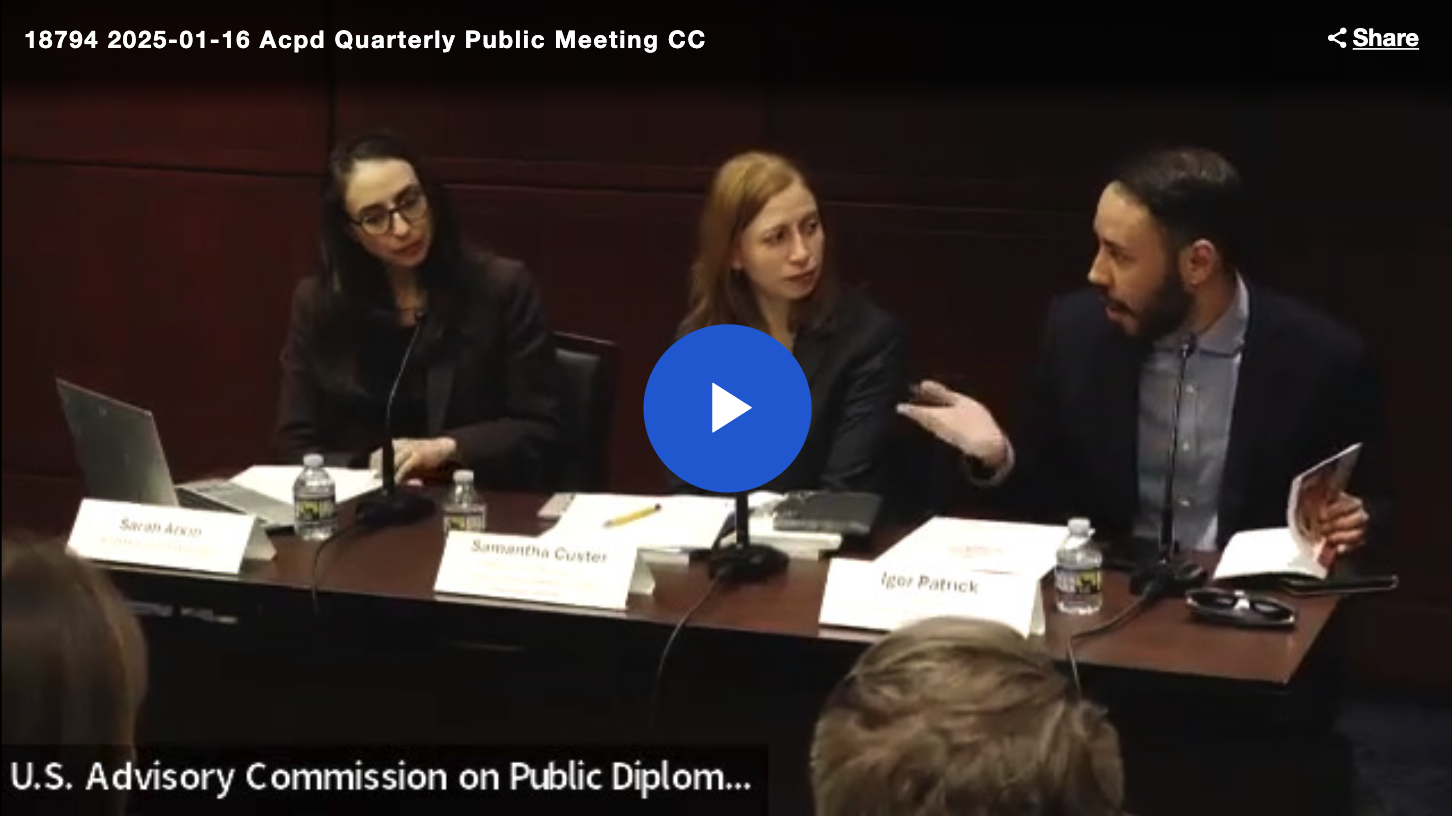In partnership with AidData, CSIS, and ASPI, the S. Rajaratnam School of International Studies (RSIS) in Singapore co-hosted a conference to launch the report on June 26th, 2018. Four panel discussions and a lunch keynote, all featuring experts from around the world, dove deeper into the reach and influence of Chinese public diplomacy and the policy implications for countries across the Asia-Pacific. Visit the event page to watch the conference recordings.
You can also explore an interactive feature showcasing maps and charts from the report.

Ties That Bind: Quantifying China's public diplomacy and its "good neighbor" effect
Date Published
Jun 27, 2018
Authors
Samantha Custer, Brooke Russell, Matthew DiLorenzo, Mengfan Cheng, Siddhartha Ghose, Jacob Sims, Jennifer Turner, Harsh Desai
Publisher
Citation
Custer, S., Russell, B. DiLorenzo, M., Cheng, M., Ghose, S., Sims, J., Turner, J., and H. Desai. (2018). Ties That Bind: Quantifying China’s public diplomacy and its "good neighbor" effect. Williamsburg, VA: AidData at William & Mary.
Abstract
There is a growing consensus that Beijing has dramatically increased the volume and sophistication of its public diplomacy efforts under President Xi Jinping. Yet there has historically been a lack of quantifiable data to assess the scope and downstream consequences of these activities.
To this end, AidData, in collaboration with the Asia Society Policy Institute (ASPI) and the Center for Strategic and International Studies (CSIS), has assembled new data on Chinese public diplomacy programs in East Asia and the Pacific from 2000 through 2016. This first-of-its-kind report quantifies multiple aspects of China's public diplomacy—financial, cultural, exchange, and elite-to-elite diplomacy—across 25 countries to assess how it is received by foreign publics and leaders and determine whether it is meeting Beijing’s objectives.
In addition to extensive quantitative data, the reports draws from on-the-ground insights from over 70 government officials, civil society and private sector leaders, academics, journalists, and foreign diplomats in the Philippines, Malaysia, and Fiji, and interviews with public diplomacy scholars and practitioners.
This study was conducted with generous support from the United States Department of State and in partnership with the Asia Society Policy Institute and the Center for Strategic and International Studies. The report's findings and conclusions are those of its authors alone, and do not necessarily reflect the views of funder and partner organizations.















